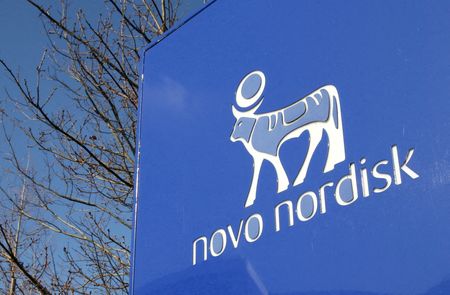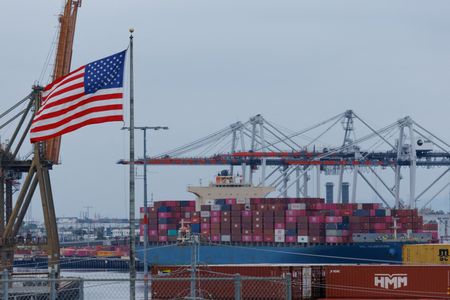By Sam Tabahriti
LONDON (Reuters) -U.S.-based private investment firm RedBird Capital Partners on Friday pulled out of a 500-million-pound ($671-million) bid for Britain’s Telegraph Media Group, the latest twist in a two-and-a-half year saga at one of Britain’s biggest newspapers.
A source close to RedBird told Reuters that sustained internal opposition from senior figures within the Telegraph newsroom had prompted it to walk away on Friday morning.
The move ends months of negotiations and regulatory scrutiny over the future of the right-leaning broadsheet, which has been in flux since a RedBird-IMI joint venture acquired it and The Spectator magazine in 2023, only for the then government to intervene and ban foreign state investment in UK newspapers.
RedBird then sought to formally request approval from the government to proceed with the acquisition under a revised structure, with the Abu Dhabi-backed IMI participating as a minority investor capped at 15%.
But the source said the regulatory clearance process had also been slower than expected, contributing to doubts about the timeline and feasibility of the acquisition. RedBird pulled out before any final regulatory decision had been communicated.
REDBIRD HAD WANTED BROADSHEET TITLES AND MAJOR WEBSITE
Telegraph Media Group is the publisher of the Daily Telegraph and Sunday Telegraph newspapers plus a news website, which is one of the biggest in Britain.
“Our immediate priority is to minimise disruption to the business and work with all stakeholders, including (the government’s media department), towards a solution,” a spokesperson said.
RedBird founder Gerry Cardinale had already been in discussions with other potential investors as part of the consortium model he was building, and could quickly re-engage, the source said.
RedBird, which manages about $12 billion in assets globally, said its conviction in the potential of the Telegraph “never wavered” when making the formal request to acquire it, despite challenges facing journalism, including AI and social media disruption.
Britain’s Department for Culture, Media and Sport declined to comment following RedBird’s withdrawal.
Giao Pacey, a media lawyer at Simkins, said the collapse of the deal underscored the growing complexity of media ownership in politically sensitive sectors, where regulatory uncertainty and reputational risks can derail even well-structured transactions.
SCRUTINY OVER FOREIGN INFLUENCE
Some campaigners and media commentators had urged the government to examine the deal’s implications for editorial independence and media plurality.
The proposed takeover had drawn criticism over foreign involvement, with questions raised about IMI’s ties to the UAE government and RedBird’s international affiliations, including links to China.
Luke de Pulford, executive director of the Inter-Parliamentary Alliance on China, told Reuters the withdrawal marked a victory for those concerned about foreign influence in UK media.
“The Telegraph does need to survive, and find a way out of its current limbo, but not at the cost of its freedom,” he said.
RedBird had denied any Chinese involvement in its bid and said it would safeguard editorial independence through an advisory board.
($1 = 0.7451 pounds)
(Reporting by Sam Tabahriti in London. Additional reporting by Rishab Shaju in Bengaluru. Editing by Sarah Young, Louise Heavens and Mark Potter)









